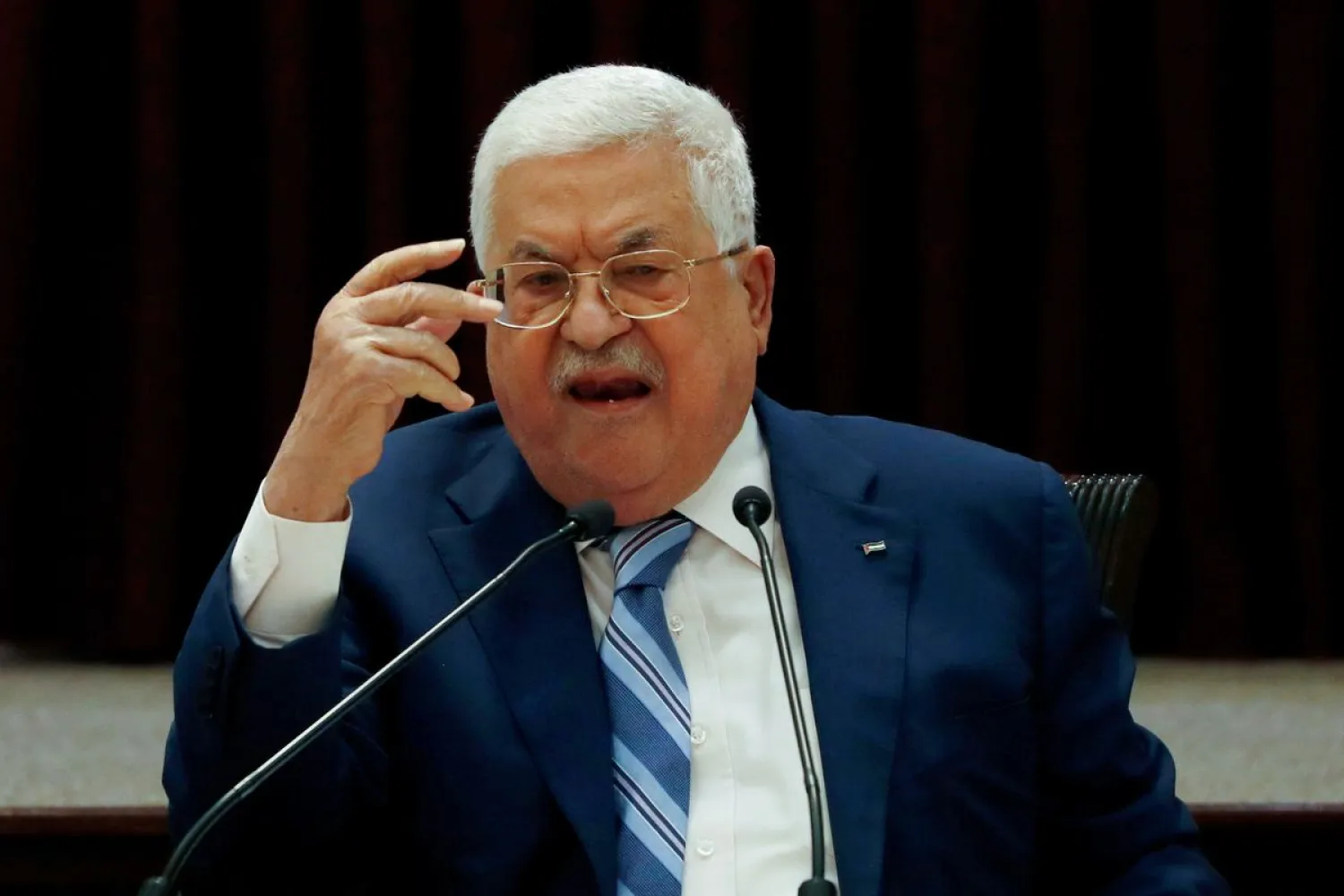Palestinian President Mahmoud Abbas is expected to visit Moscow soon to discuss with Russian officials the Palestinian cause, according to presidential spokesman Nabil Abu Rudeineh.
Abu Rudeineh did not give further details, stressing the good ties between the two countries.
"Israeli Prime Minister Naftali Bennett has recently visited Russia. We are planning negotiations with the leadership of the Palestinian National Authority," the Russian Foreign Ministry said.
"Our proposal to hold a Palestinian-Israeli summit meeting in Moscow remains relevant," the Ministry added.
The Foreign Ministry pointed out that Russia also calls for convening a ministerial meeting of the Middle East Quartet in cooperation with the Arab League to find a solution to the Arab-Israeli conflict.
This is not the first time Russia attempts to mediate between the Palestinians and the Israelis. Moscow had previously encouraged a meeting between Abbas and former Prime Minister Benjamin Netanyahu.
Reliable Palestinian sources told Asharq Al-Awsat newspaper that Abbas hopes for Russian pressure towards activating the Quartet.
The sources added that there is coordination and ongoing Palestinian-Russian attempts to activate the Quartet, consisting of the US, Russia, the EU, and the UN.
Yet, the US is not likely to take such step over concerns that the pressure might cause the collapse of the coalition government in Israel.
The authority has demanded reactivating the Quartet committee and expressed willingness to engage in talks brokered by it.
The Quartet was formed in 2002 to sponsor the Palestinian-Israeli negotiations, but it’s role ended because the parties believed it was ineffective.
The Trump administration rejected to reactivate it unless the Palestinians agreed to a peace solution according to his so-called Deal of the Century proposal.
The committee held its first meeting on March 24 after Joe Biden assumed the US presidency. It called for resuming meaningful negotiations based on a two-state solution in line with international resolutions.









